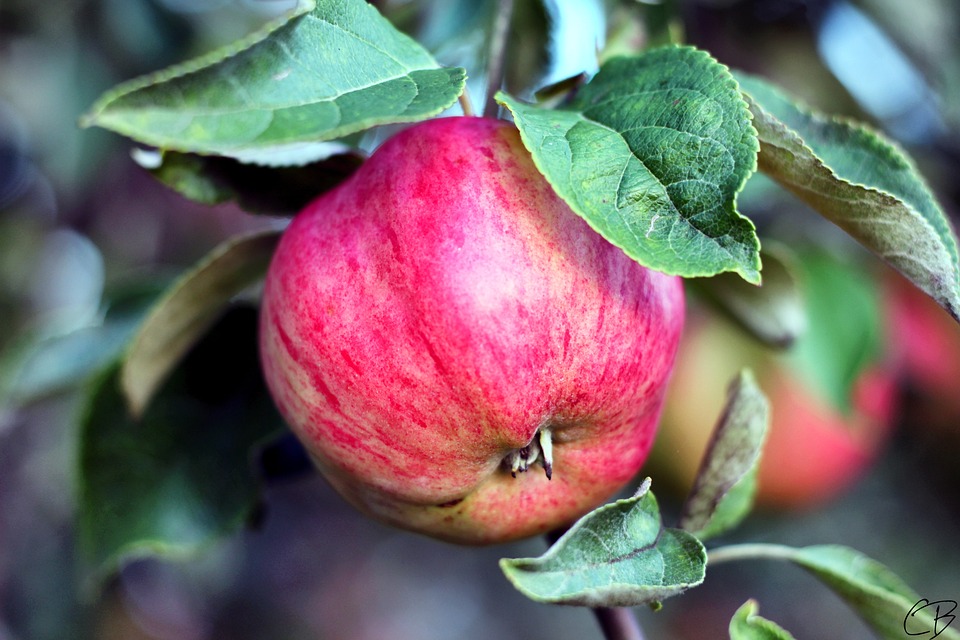Implementing eco-friendly practices in your garden is not only good for the environment, but it can also lead to healthier, more productive plants. As someone who loves sustainable farming and gardening, I have spent years experimenting with different methods to create a garden that is both beautiful and eco-friendly. I have found that there are simple and effective ways to minimize our impact on the planet while maximizing our garden’s potential. In this article, I will share some of my favorite eco-friendly gardening practices that you can easily implement in your own garden.
1. Start with the Soil
The foundation of a healthy garden is healthy soil. Instead of relying on chemical fertilizers, consider using compost and natural amendments to improve the quality of your soil. Composting kitchen scraps, yard waste, and animal manure can provide a rich source of nutrients for your plants. Additionally, incorporating cover crops into your garden can help to improve soil structure and fertility, while also preventing erosion and suppressing weeds. By focusing on building and maintaining healthy soil, you can create a thriving garden that is better equipped to resist pests and disease.
Pro Tip: Consider starting a worm bin to create your own vermicompost, which is a nutrient-rich fertilizer produced by worms. Not only is this a great way to recycle your kitchen scraps, but it can also provide your plants with a natural boost of nutrients.
2. Conserve Water
Water is a precious resource, and by implementing water-saving techniques in your garden, you can reduce your environmental impact while also saving money. One simple way to conserve water is by installing a rain barrel to collect rainwater for use in your garden. This can be a great way to harness the free, natural resource of rainwater, while reducing your reliance on tap water for watering your plants. Additionally, consider incorporating drip irrigation systems or soaker hoses into your garden to deliver water directly to the root zone of your plants, minimizing waste due to evaporation and runoff.
Pro Tip: Mulching your garden beds can help to retain moisture in the soil, reducing the need for frequent watering. Organic mulches, such as wood chips, straw, or compost, not only conserve water but also improve soil health as they break down over time.
3. Embrace Organic Pest Control
Instead of reaching for chemical pesticides at the first sign of pests in your garden, consider using natural and organic methods to manage pest problems. For example, introducing beneficial insects, such as ladybugs and lacewings, can help to control populations of harmful pests like aphids and caterpillars. Additionally, planting companion plants that repel pests or attract beneficial insects can help to create a more harmonious and balanced ecosystem in your garden.
Pro Tip: Incorporating native plants into your garden can attract a diverse array of pollinators and beneficial insects, creating a more resilient and sustainable garden ecosystem.
4. Grow Your Own Food
One of the most eco-friendly things you can do in your garden is to grow your own food. By cultivating a vegetable garden, fruit trees, or herb beds, you can reduce the carbon footprint of your food by eliminating transportation and packaging. Additionally, growing your own food allows you to have greater control over how it is grown, ensuring that it is free from harmful chemicals and pesticides. There is nothing more rewarding than harvesting your own fresh, organic produce straight from your garden.
Pro Tip: Consider extending your growing season by implementing season-extending techniques, such as cold frames, row covers, and hoop houses, to continue harvesting fresh food well into the fall and winter months.
5. Support Biodiversity
Creating a garden that supports a diverse range of plants and wildlife is essential for a healthy and thriving ecosystem. By planting a variety of native plants, you can provide food and habitat for pollinators, birds, and other beneficial wildlife. Additionally, avoiding the use of synthetic chemicals and pesticides in your garden can help to protect the delicate balance of the natural world, allowing beneficial insects and microorganisms to flourish.
Pro Tip: Create a wildlife-friendly garden by incorporating features such as bird feeders, bird baths, and native plantings to attract a diverse range of wildlife to your garden.
By implementing these eco-friendly practices in your garden, you can create a beautiful, productive, and sustainable space that is beneficial for both you and the environment. Whether you are a seasoned gardener or just starting out, there are always new ways to minimize our impact on the planet while maximizing the potential of our gardens. Let’s work together to create a greener, more sustainable world, one garden at a time.



